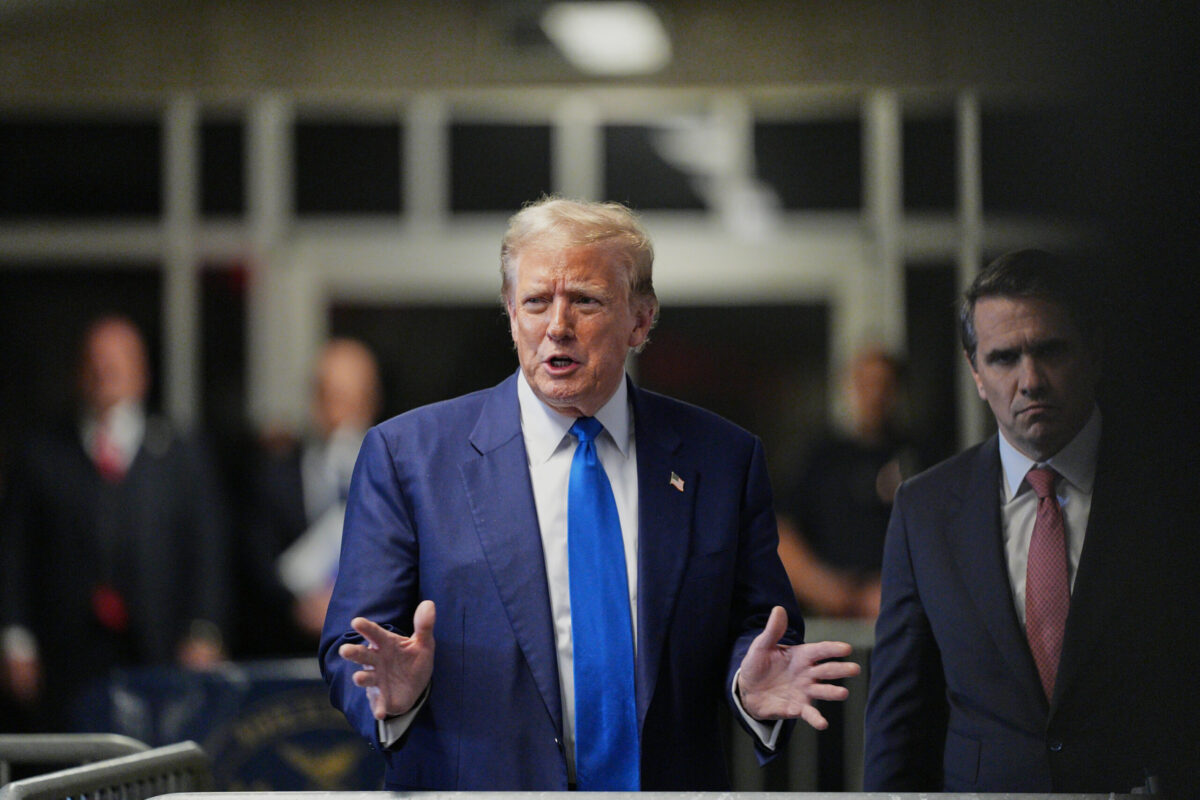GM ends funding for struggling EV projects in $10B move to satisfy investors
General Motors Reassesses Investment in Electric Vehicles Amid Sales Collapse
General Motors (GM) is reevaluating its investment plans in electric vehicles (EVs) as sales plummet and shareholders express concerns over the company’s initial push into EVs. In an effort to reassure investors and demonstrate the strength of its core business, GM is considering a pullback from EVs, according to a report by The Wall Street Journal.
This development serves as further evidence that despite the enthusiastic support from left-wing government officials, Americans are simply not interested in EVs. GM plans to fund a $10 billion stock buyback, the largest in years, by scaling back its previously announced investments in EV and self-driving car development.
GM’s Strategy Shift
GM’s CEO, Mary Barra, aims to boost the company’s declining shares and refocus investors on the profitability of its gas- and diesel-powered trucks and SUVs. In a letter to shareholders, Barra emphasized that the internal combustion engine business remains strong.
GM’s stock has fallen 14 percent this year, reaching a three-year low due in part to an auto worker strike that impacted profitability projections. As a result, the company has already taken steps to reduce spending on EVs, including delaying the construction of a new electric truck factory and abandoning its goal of producing 400,000 EVs by 2024. GM is also slowing down the development of its Cruise self-driving car project.
While acknowledging that EV demand is evolving slower than expected, Barra remains steadfast in her belief that EVs are the future and that sales will eventually grow. However, some automakers, like Toyota, are recognizing the reality of the situation as EV sales stagnate.
Industry-wide Challenges
GM is not alone in scaling back EV production. Ford recently downsized its planned $3.5 billion electric vehicle battery plant, and other EV companies, both large and small, have slashed production targets. Insurance companies have also discovered that EVs are less reliable, leading to higher insurance costs. Car dealers have resorted to offering discounts and attractive leases to entice customers into purchasing EVs.
A coalition of nearly 4,000 car dealers has even issued an open letter urging the federal government to reconsider its “unrealistic” EV mandates. It is becoming increasingly clear that electric vehicles are not the cure-all solution that some politicians claim, and more people are recognizing this truth with each passing month.
The post General Motors Pulls Funding from Foundering Electric Vehicle Efforts in $10 Billion Bid to Appease Investors appeared first on The Western Journal.
How might GM’s decision to reassess its investment in EVs impact the future of the electric vehicle market
Rests of the company’s shareholders would be better served by redirecting investment towards their core business, which remains a strong source of revenue and profit. The decision to scale back on EVs and self-driving car development comes as a response to the dwindling demand for electric vehicles in the market.
Some industry analysts believe that GM’s move is a significant shift in strategy and could signal a broader trend in the automotive industry. Despite the push for electric vehicles by governments and environmental advocates, the market demand for EVs has not met expectations. This can be attributed to several factors, including limited charging infrastructure, higher purchase costs compared to traditional vehicles, and range anxiety among consumers.
GM’s decision to reassess its investment in EVs reflects a pragmatic approach to business decisions. By diverting resources towards their core business, GM is taking a more cautious approach to match market demand. The company aims to capitalize on the current market trends and bolster profitability to reassure shareholders and regain investor confidence.
On the other hand, critics argue that GM’s move is short-sighted and fails to acknowledge the long-term potential of electric vehicles. They argue that as technology advances and costs decrease, electric vehicles will become more affordable and appealing to consumers. Additionally, stricter emissions regulations and government incentives may further drive the demand for electric vehicles in the future.
GM’s decision also raises questions about the future of the electric vehicle market and the impact of government policies on the industry. If a major player like GM reevaluates and reduces its investment in EVs, it may have a ripple effect across the entire sector. Other automakers may also reconsider their strategies, which could slow down the transition to electric vehicles.
In conclusion, General Motors’ announcement to reassess its investment in electric vehicles reflects the challenges faced by the industry and the need to align business strategies with market demand. While some view this as a pragmatic approach to ensure profitability, others argue that it may hinder the progress towards a more sustainable automotive industry. The ongoing discussion about the future of electric vehicles remains vital as the industry navigates the transition to more environmentally friendly transportation options.
" Conservative News Daily does not always share or support the views and opinions expressed here; they are just those of the writer."





